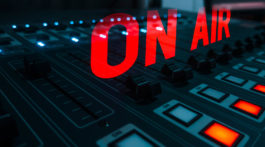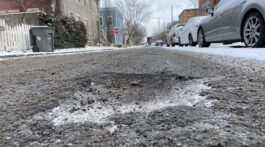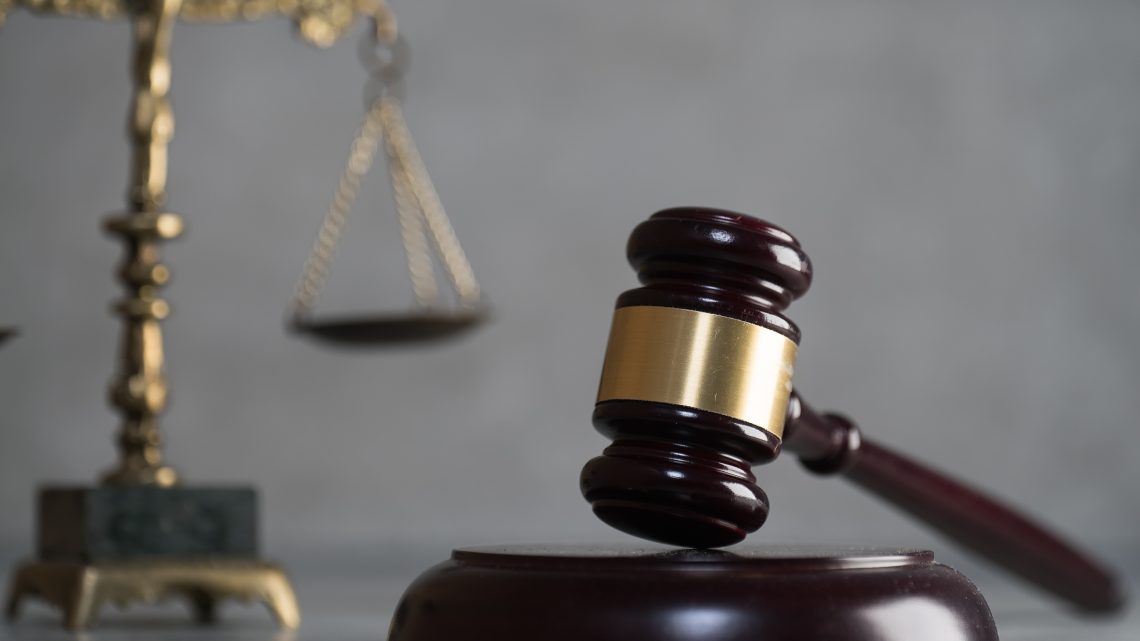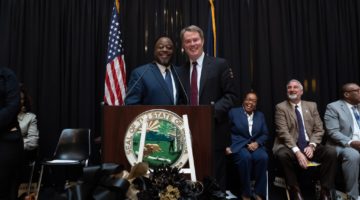By State Sen. Erin Houchin (R-Salem)
I have been writing a series of articles about opportunities to be found amid the COVID-19 crisis, and would like to focus on our court system in this, the third in a five-part series.
Normally, the Washington County Indiana Courtroom is full of people working through cases – not now. Now, the Judge is in the courtroom, but no one else. The defendant appears on a video screen from the jail for an initial hearing. The Prosecutor and defense attorney beam in via videoconference. When the hearing is complete, the parties sign off, and the next set of litigants are queue up. Welcome to court amid the coronavirus pandemic.
The Indiana Court system has adapted well to unique challenges in handling the pandemic. Some lessons learned may allow for a future court system with easier access, more adaptability and enhanced safety and security.
Our courtrooms are gathering places. Many of our old courthouses are centered in the town square, the literal hub of the community. Court dockets are packed with multiple cases at the same time, present with lawyers, staff, litigants, witnesses, media and the public. For a jury trial, it is not uncommon for over one hundred people to be convened in the same room. All of this makes our courtrooms particularly susceptible to virus transmission.
On the other hand, courts are essential. A civil society cannot shut down the official forum for resolving disputes. If we did, people would find other, less orderly ways to resolve disputes. Further, courts are necessary to protect our Constitutional rights. We are currently balancing security and freedom. It will be our courts that ultimately draw the line between our safety and our Constitutional rights.
Early on in this crisis, the Indiana Supreme Court began issuing orders under Indiana Court Administrative Rule 17. These orders allowed local courts to postpone non-essential hearings, and to utilize technology to conduct necessary business remotely. Local courts have leveraged video hearings, telephonic appearances, social distancing and increased sanitation efforts to mitigate the impact. These actions have allowed the system to function, but we will need to resume a more robust court schedule before long.
As we continue to ramp back up, I hope the Indiana Supreme Court and the Indiana General Assembly will find ways to allow local courts to continue the practices that worked well throughout this process. I hope, also, that local courts will continue to utilize these tools. For instance, the video initial hearings described above should be standard practice. Other hearings that do not require in person appearance should presumptively be held remotely. While there are certainly times when the Judge needs to look a witness in the eye, there are many other courtroom activities where that is not required. We should systematically identify such instances and move them online.
We also need to make it easier for the public to file documents and seek orders from the courts completely online, as we have done, for instance, with the Indiana BMV. Is there any reason you couldn’t appear by video to contest a traffic ticket?
I want our courtrooms to remain a center of community activity. I want our Constitutional rights to be protected no matter the cost. At the same time, I want our courts to service the public in the best way possible. If we are thoughtful, we can achieve these goals, and emerge from the COVID-19 pandemic with a more accessible, more flexible, more efficient and safer Indiana Court system.














